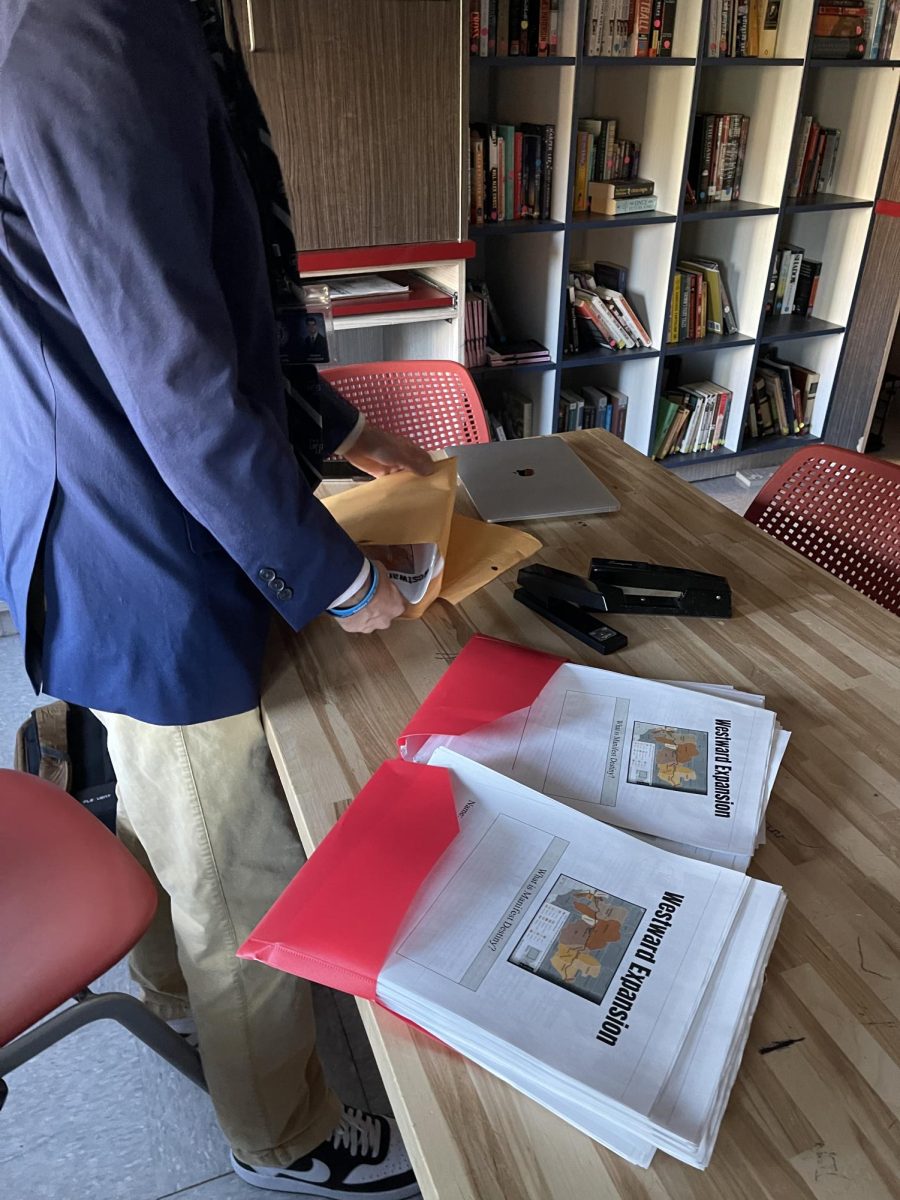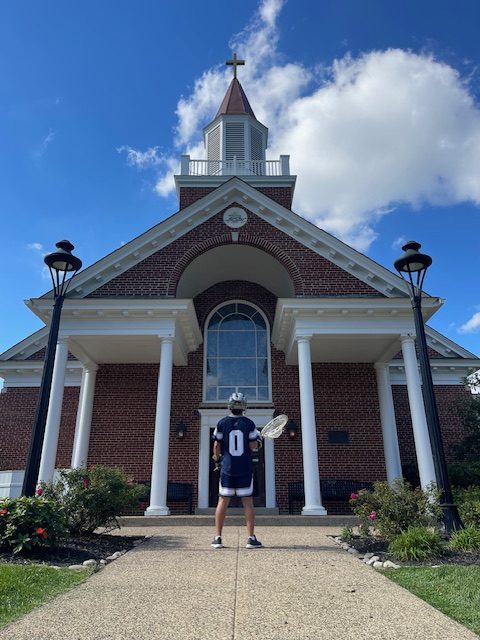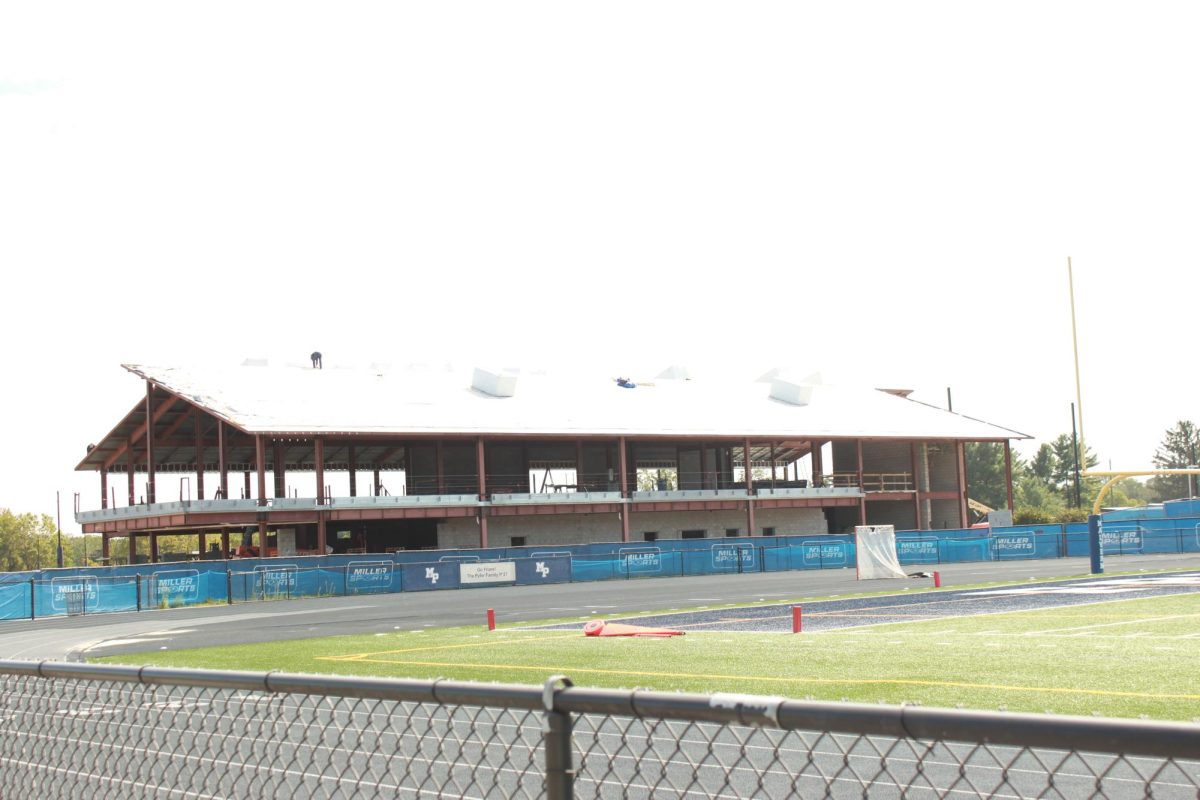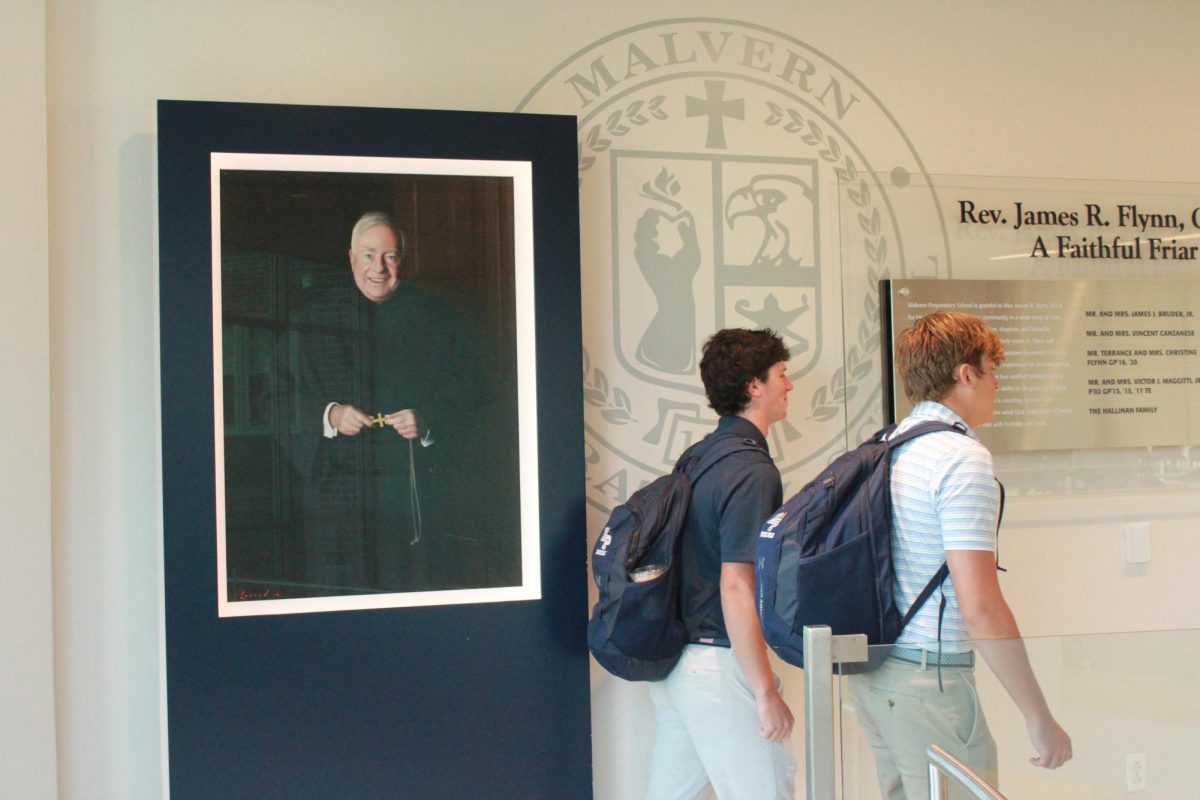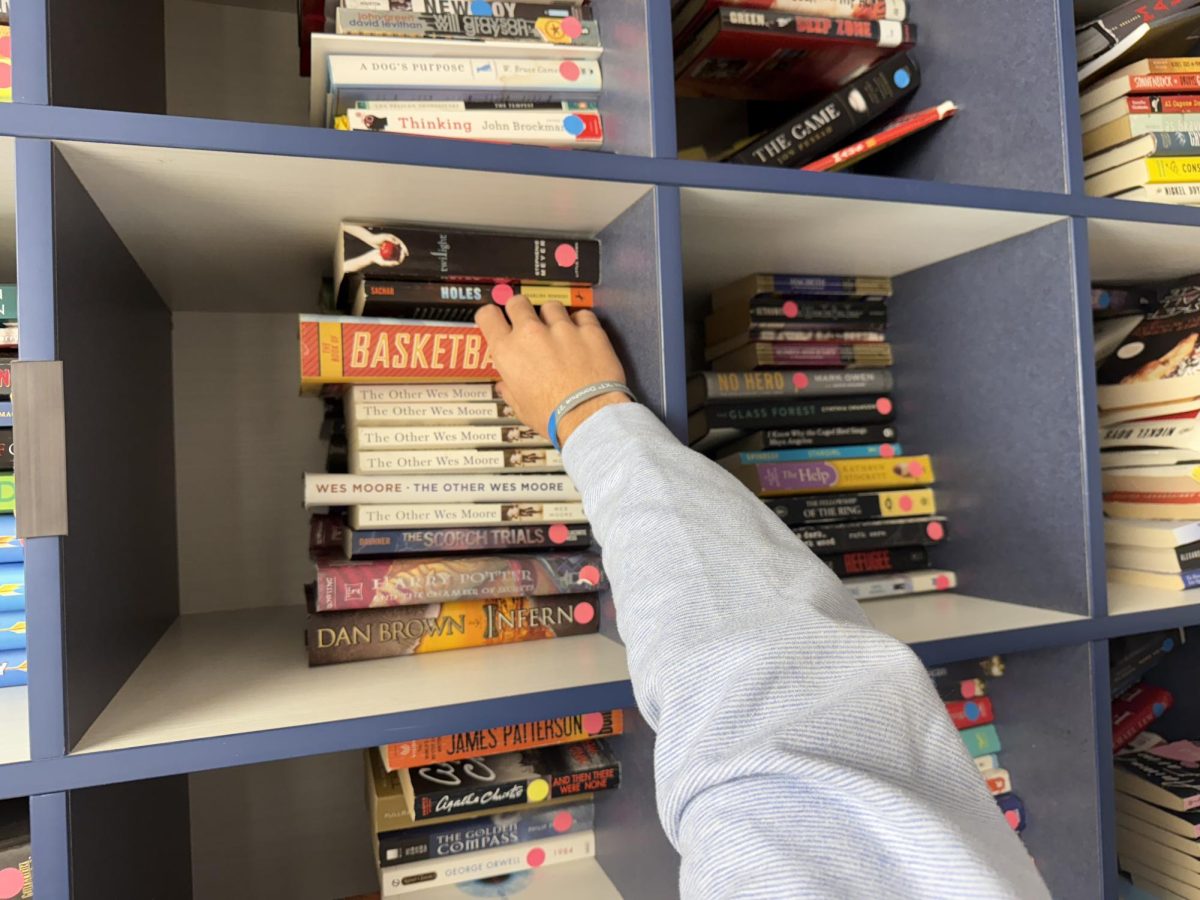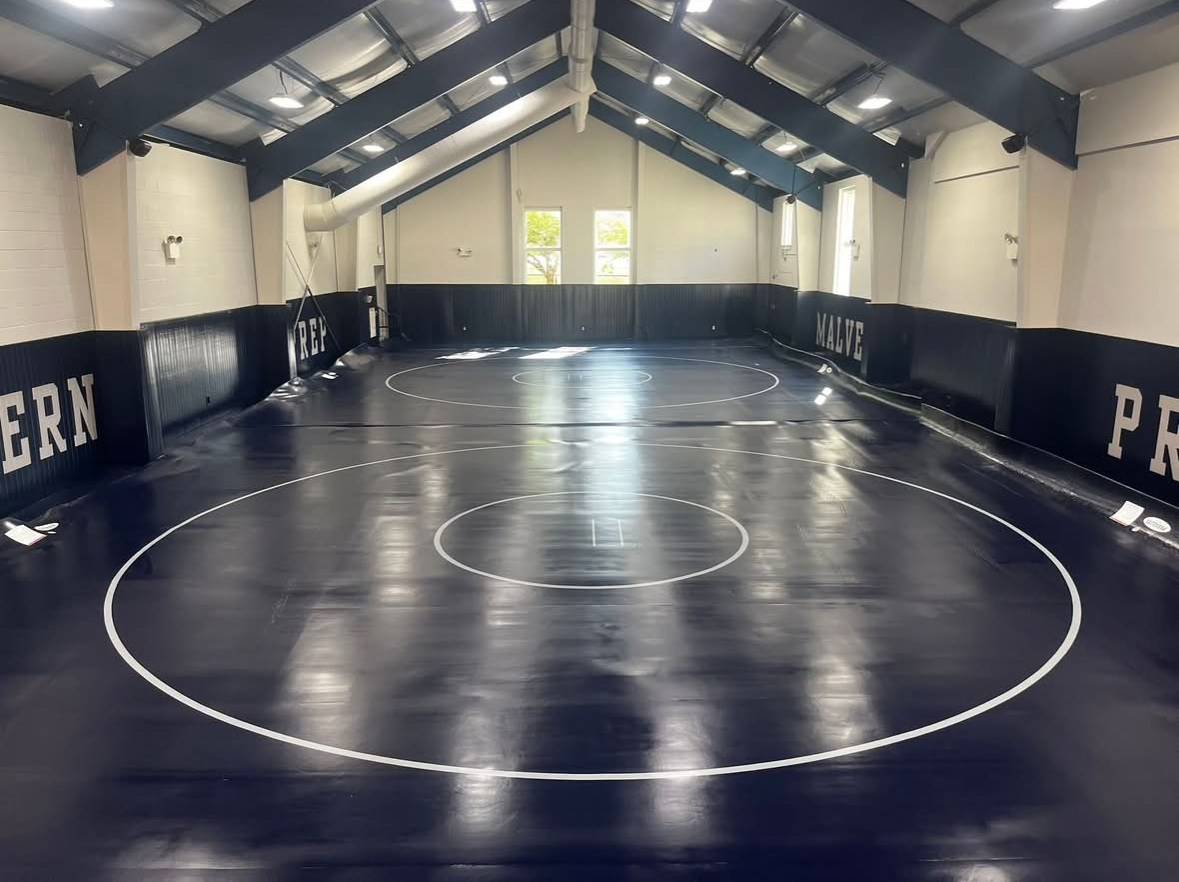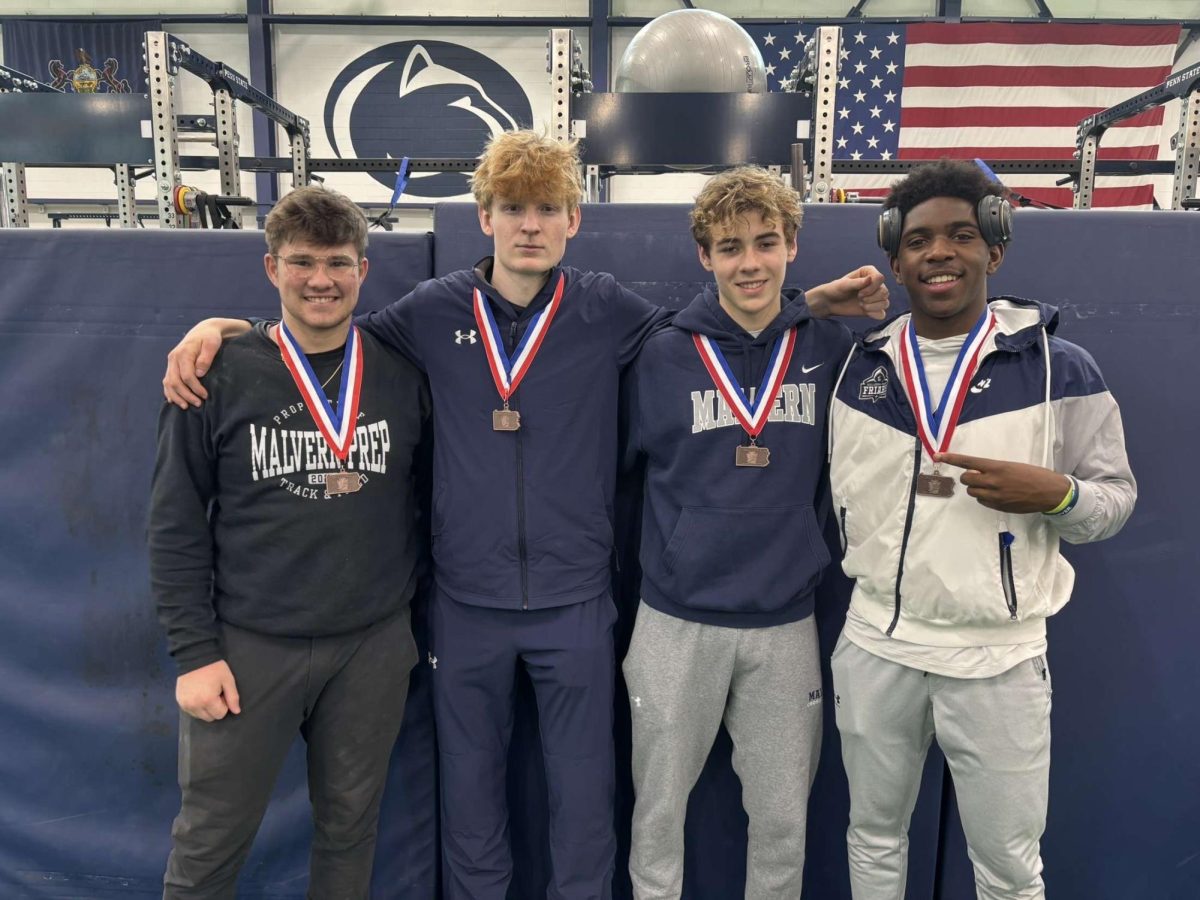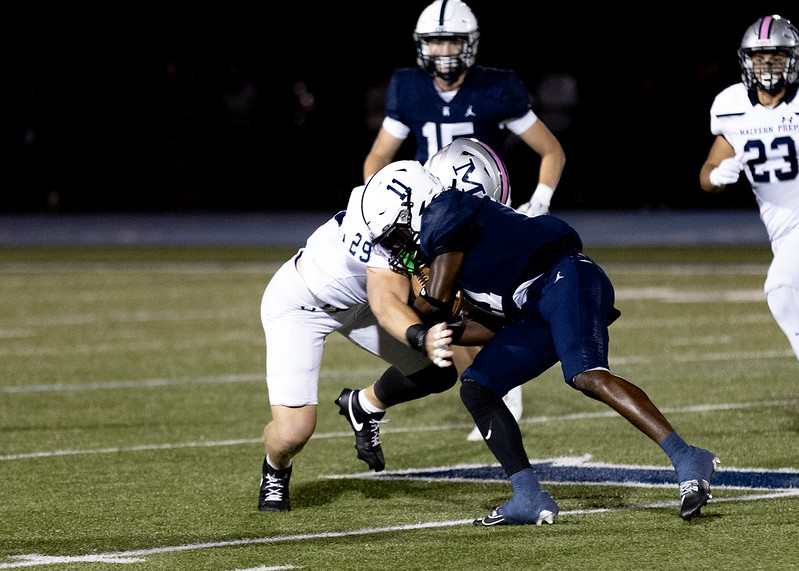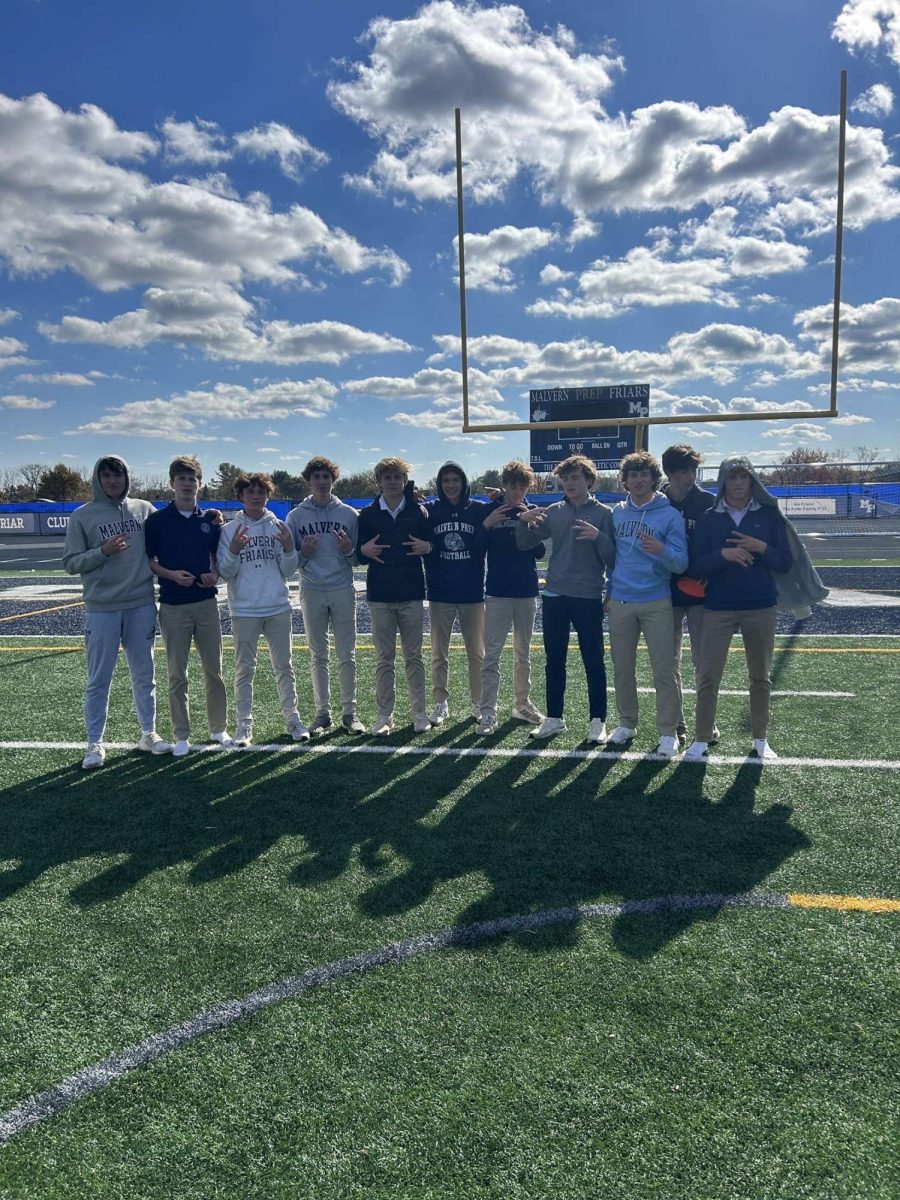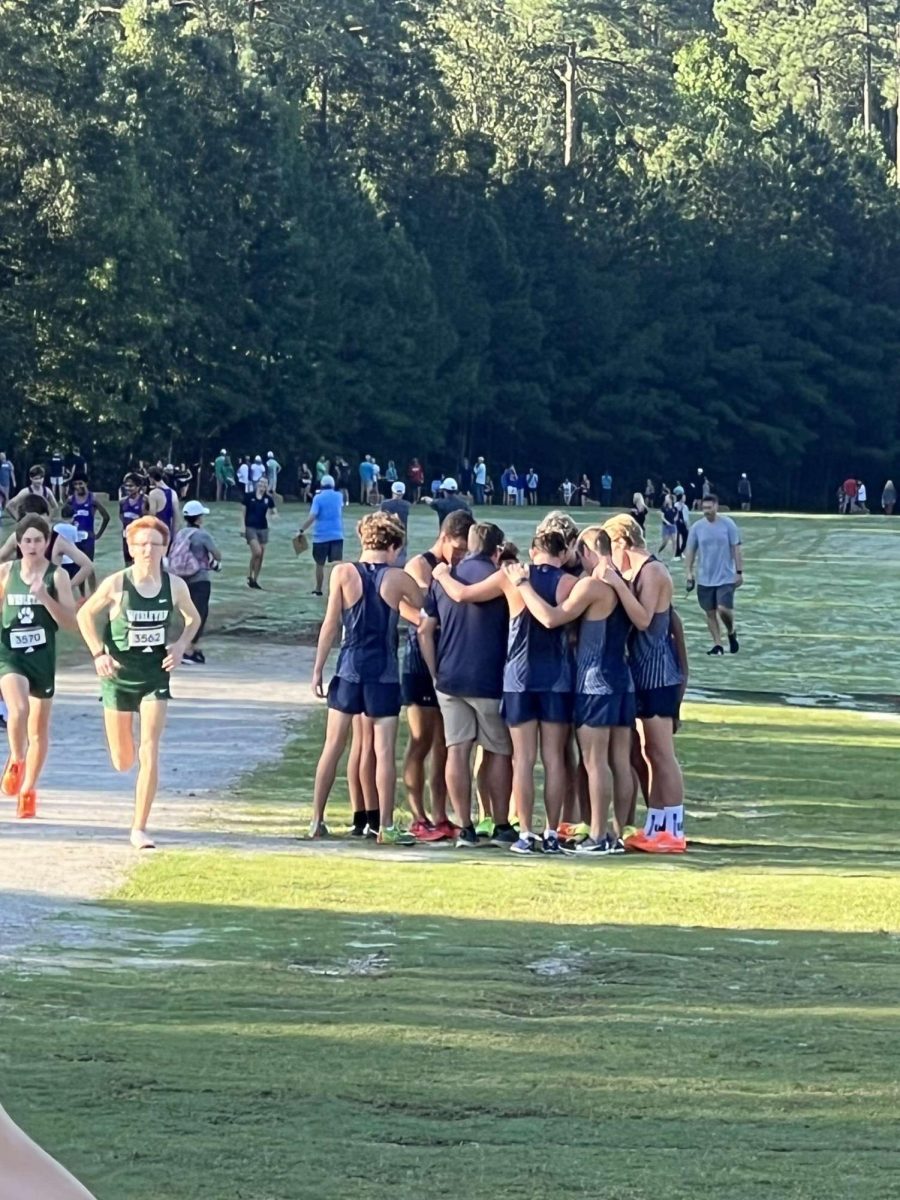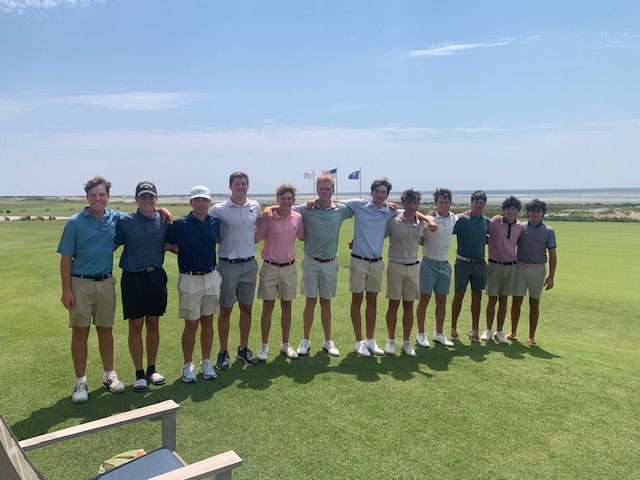Joe Lister ’21, Alex Haylock ’19
Former quarterback for the San Francisco 49ers Colin Kaepernick started the controversy when he first sat during the national anthem August 2016. Where does Malvern stand on the issue?
NFL players are showing their discontent for the state of the country in different ways, but should kneeling during the national anthem be one of them?
Kaepernick claims that he sits to protest the injustices he sees in the treatment of African Americans and other minorities within the United States.
“This is not something that I am going to run by anybody,” Kaepernick told NFL.com. “I am not looking for approval. I have to stand up for people that are oppressed. …If they take football away, my endorsements from me, I know that I stood up for what is right.”
“I think that it’s to protest police brutality, and what’s going on in America,” said senior Zamir Shelton.
 Many NFL teams have turned down the opportunity to sign Kaepernick, because of how he is at the center of this controversy. The country has been split in two: those who believe that Kaepernick has the right to kneel in protest, and those who think it is disrespectful.
Many NFL teams have turned down the opportunity to sign Kaepernick, because of how he is at the center of this controversy. The country has been split in two: those who believe that Kaepernick has the right to kneel in protest, and those who think it is disrespectful.
“I think it’s all in the way it’s interpreted by people,” junior Andrew Sposato said. “Some people see it as we’re kneeling down because this should not be a corrupt country. Everyone should be treated equally. But some people see it [the anthem] as being for our troops. That’s for the people that give us rights.”
Kaepernick’s protests have also forced high schools, both local and national to make decisions on what their athletes can and cannot do. The hashtag “#TakeAKnee” has started to appear on social media in support for him.
Math teacher, Mr. Mike Rawlings, claims that these protest are nothing new.
“Here this goes again… people using sports arenas to advance political causes,” Rawlings said. “Wherever you can get your voice heard, you get it heard.”
Rawlings used this issue as a freshman discussion issue during AGE Block. “You would be tone deaf to your country if you didn’t acknowledge how divided we are right now,” he said.

He also hoped that the AGE block will challenge students to make a choice. He said that guys now have to understand that they have to get to a position and defend that position.
Athletic Director Mr. Kurt Ruch says that he at first didn’t understand why Kaepernick was kneeling, but later began to realize what was behind the quarterback’s reasonings.
“At first I didn’t understand it,” Ruch said. “As I found his reasons…it made sense. I kind of understood where it was going to go.”
Ruch said that there was a conversation with players and coaches about what would happen when the anthem played. “I talked to the head coaches, and the head coaches talked with their players,” he said.
Recently, the NFL released a statement that its athletes are encouraged to stand during national anthem, but have the right not to. According to Ruch, Malvern would take efforts to protect students who opted to protest.
“We would be free speech,” Ruch said. “We would respect it and try to make sure that the student is not penalized.”
Since Kaepernick, various other athletes have opted in different ways to protest the problems they have found throughout the country.
 “I really like how the Eagles linked arms, showing how we stand together,” Sposato said. “Doing something like that so that [they] know we’re standing together as a country, against all of the horrible things going on.”
“I really like how the Eagles linked arms, showing how we stand together,” Sposato said. “Doing something like that so that [they] know we’re standing together as a country, against all of the horrible things going on.”
Reactions to this have varied, from burning player’s jerseys, to funding athletes to help continue and fight injustice.
“I feel like it’s more of the football thing, that it’s a popular thing that people are seeing, because it has an effect there,” Shelton said. “I don’t think it’s to protest the national anthem.”
Another emerging argument is that Kaepernick has the right to protest the racial inequality in America, but doing so through the national anthem is incorrect. “I think that obviously, bad things are going on in the U.S. But I don’t think the right way of going about that is kneeling during the national anthem,” Sposato said.
Other NFL athletes are now actively claiming to protest the mistreatment of minorities in the United States. Math teacher, Mr. Jim Stinger offers what he thinks an athlete should do when wanting to tackle a problem publicly.
“Part 1: I am a high profile person who people tend to look up to. I have a forum…at the national anthem I can make a statement,” Stinger said. “Part 2: Come to me with questions, I can articulate why I’m upset and why I’m doing this.”
Stinger says that he thinks that players should show a certain reverence for the flag. “My first instinct is that you should use supreme acknowledgment to the symbol of the country,” he said.
But Stinger also can see why players would be willing to do so, as long as they are able to explain why. “If you’re a professional athlete with a high profile, and you feel like this is the best way to do it, I understand,” he said.
“When you make the decision to walk that path, people are going to be coming up to your locker asking you questions,” Stinger said. “You better be prepared to say this is why, here is where there should be a dialogue. They better be ready to articulate a very firm answer about that.”
Cases for and against Kaepernick have since sparked debates across the country about what the American flag stands for, what is considered disrespecting it, and how people in positions of power should go about making a statement.
However most seem to agree that there are groups within the United States that are facing injustice, and there needs to be away to safely approach the topic.
“I do think something needs to be done,” Sposato said. “But personally I don’t know what.”
Colin Kaepernick declined comment for this story.


